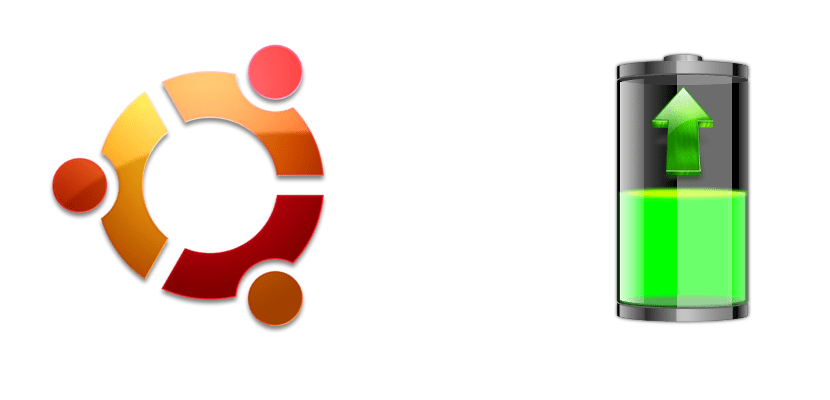
One of the problems we have to deal with when using practically any electronic device is its low autonomy. I know that not everyone has these types of problems, but it is true that manufacturers are more focused on adding new and improved specifications than on improving their battery. In this way we can have a computer with a high quality 15-inch screen, but we will have to manage it if we do not want the battery to run out very soon.
The good thing about Linux-based operating systems is that they can be installed on almost any computer, but that can also present a problem. In the case we are talking about, we can install Ubuntu on a computer whose battery is a weak point, so we will have to manage so that its autonomy is, at least, worthy. In this post We will teach you some things that are worth taking into account if you want your Ubuntu PC last longer without having to plug it into a power outlet.
Tips to improve the autonomy of your PC with Ubuntu
Turn off Wi-Fi and Bluetooth if not needed
This is a maxim that works on any device with battery (logically if it has Bluetooth and Wi-Fi). Connections of this type are always waiting for a communicate, so if we are not going to send anything via Bluetooth or we are not going to connect any device, it is better to have it turned off. You can deactivate it from the top bar or, if you have removed it (as in my case), you only have to press the Windows key, type "Bluetooth" and enter the icon that appears, which is its settings section.
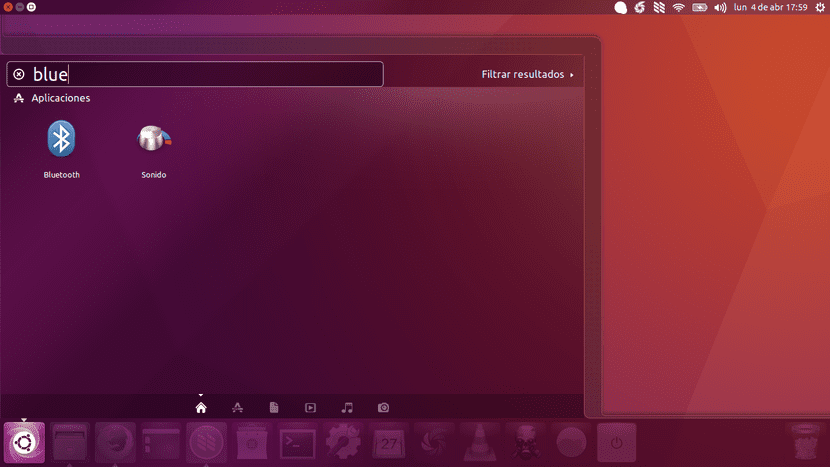
Once in the corresponding section, we just have to deactivate Bluetooth.
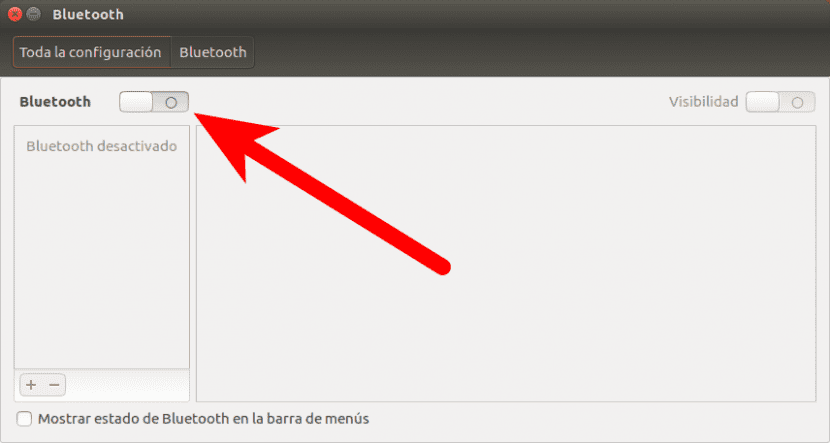
Disabling Wi-Fi is easier, since the most normal thing is that we have left its icon on the top bar. To deactivate it, we just have to click on its icon and select «Activate wireless». If we remove the brand, we will not be using it. Logically, this will only be worth it if we have our laptop connected via cable.
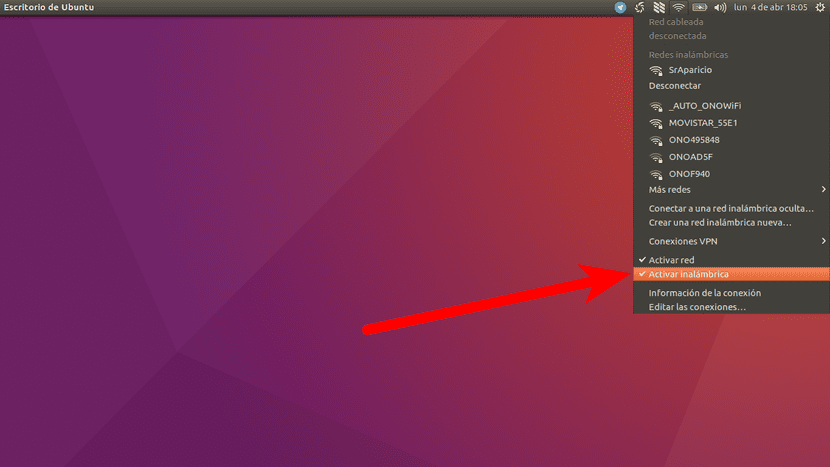
Lower the screen brightness
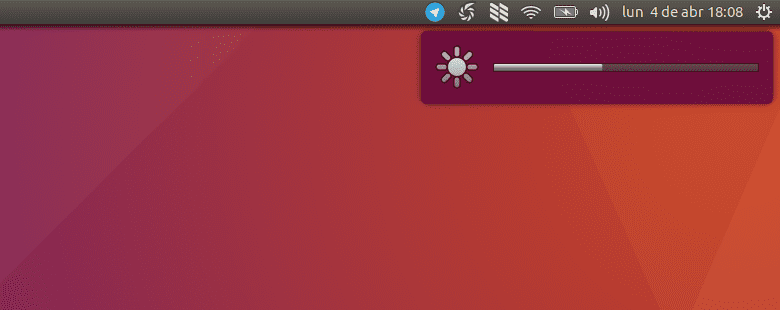
Another solution that works is to manage the brightness of the screen. If we are not in a very bright place, it is worth it let's not have the brightness to the maximum. Having it in half, more or less, will reduce consumption and increase autonomy. This is also valid for other types of devices, such as smartphones and tablets (where it is more important).
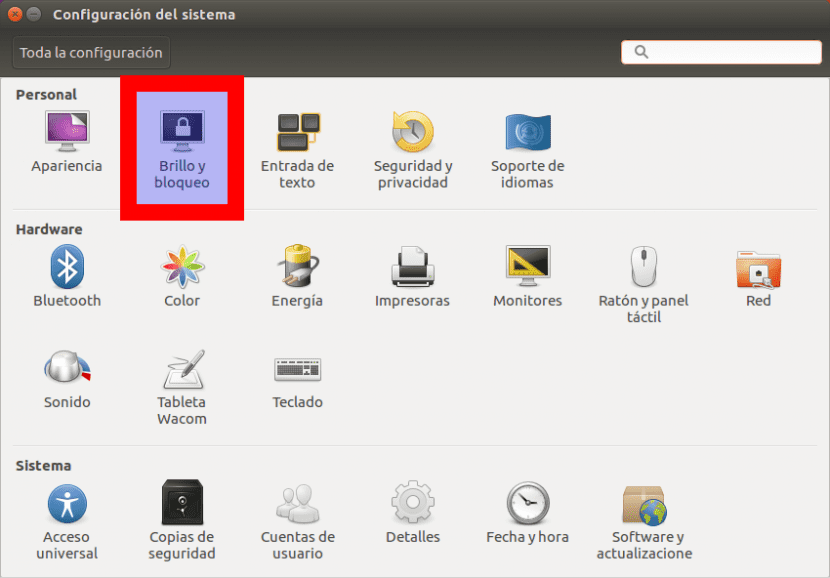
On some computers, we can lower the brightness of the screen with some keys, but not all can do it this way. If your computer does not have keys to raise / lower the brightness, you will have to do it from System Settings / Brightness and Lock. Once in the correct section, you have to lower the brightness manually moving the pointer to the desired point.
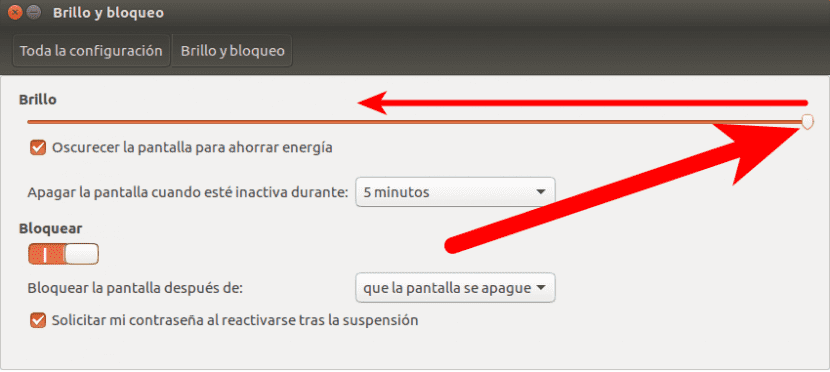
Close the applications that you are not using
Another solution that works on any electronic device with an operating system is to close applications. All the applications or programs that are running in the background are putting stress on our computer. The more applications or processes we have open, the greater the consumption and the less autonomy. Worth having open only what we are using, although it does not have to be in the foreground. For example, I usually have Telegram open to communicate with my colleagues.
Remove USB sticks, SD cards, DVDs, etc, if you don't use them
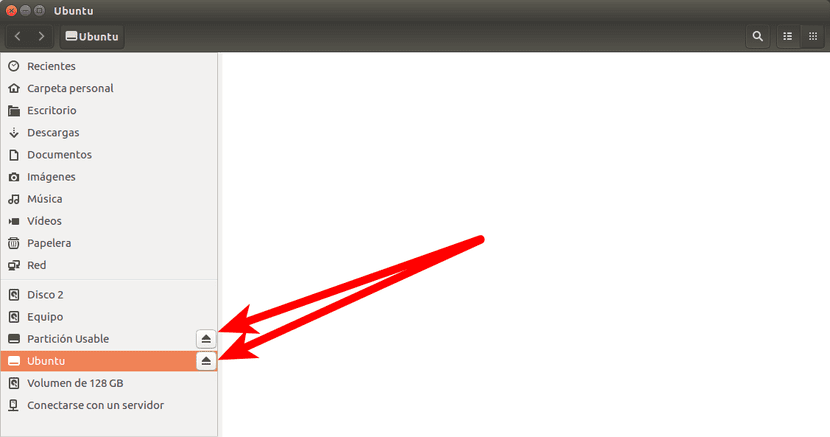
The same thing that we have done and for practically the same reason that we have to close applications, we also have to remove the CD / DVD or pendrives that we are not using. It is true that they will not consume as much energy, but from time to time the system will consult your information. If we don't need it, this extra consumption can also be saved.
Avoid using Adobe Flash

Flash and Linux
It was fine at the time, but it has been shown that, in addition to being dangerous, it is a technology that has its days numbered. Even Adobe recommends its uninstallation, so if we can not depend on it, we have to avoid it. In addition, this way we will help the websites to be updated and use HTML5, which for the end user will translate into a much better experience in every way, which will also include better autonomy.
If you can, use a lightweight browser
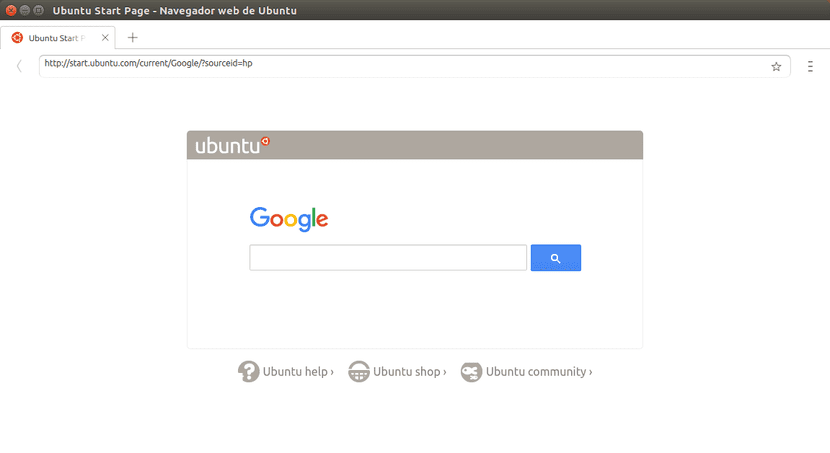
Browsers can also have a negative impact on your battery. There have been cases, like Chrome recently, in which it has been shown that a browser drains the battery in the device in which we are using it, so if we detect that our browser is very heavy, it may be a good time to consider switch to another. Even if we don't need a very complete browser, we can use the native Ubuntu browser or Epiphany.
Configure power settings
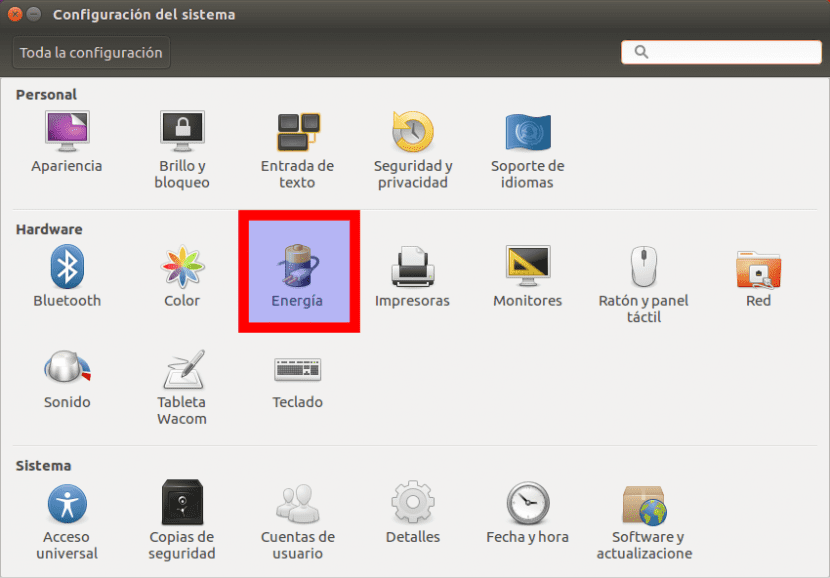
Last but not least, we can also configure the power settings. We will access them from System Settings / Power. In this section we can configure what will our PC do when we close its lid, if it will and when it will lower the brightness of the screen and other values that can help us improve the autonomy of our PC with Ubuntu.
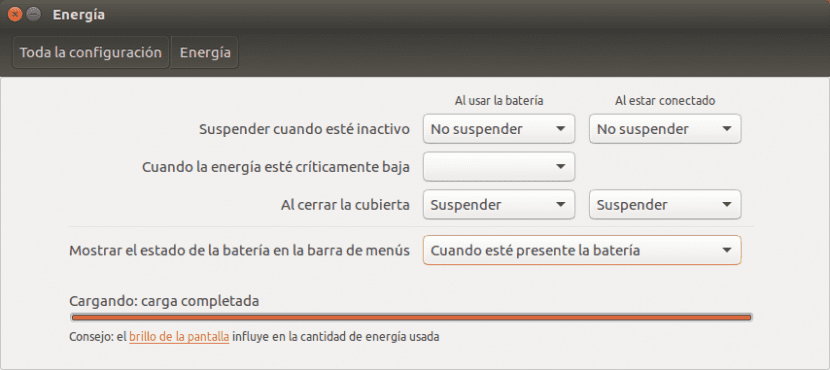
What are your tips to improve the autonomy of a PC running Ubuntu?